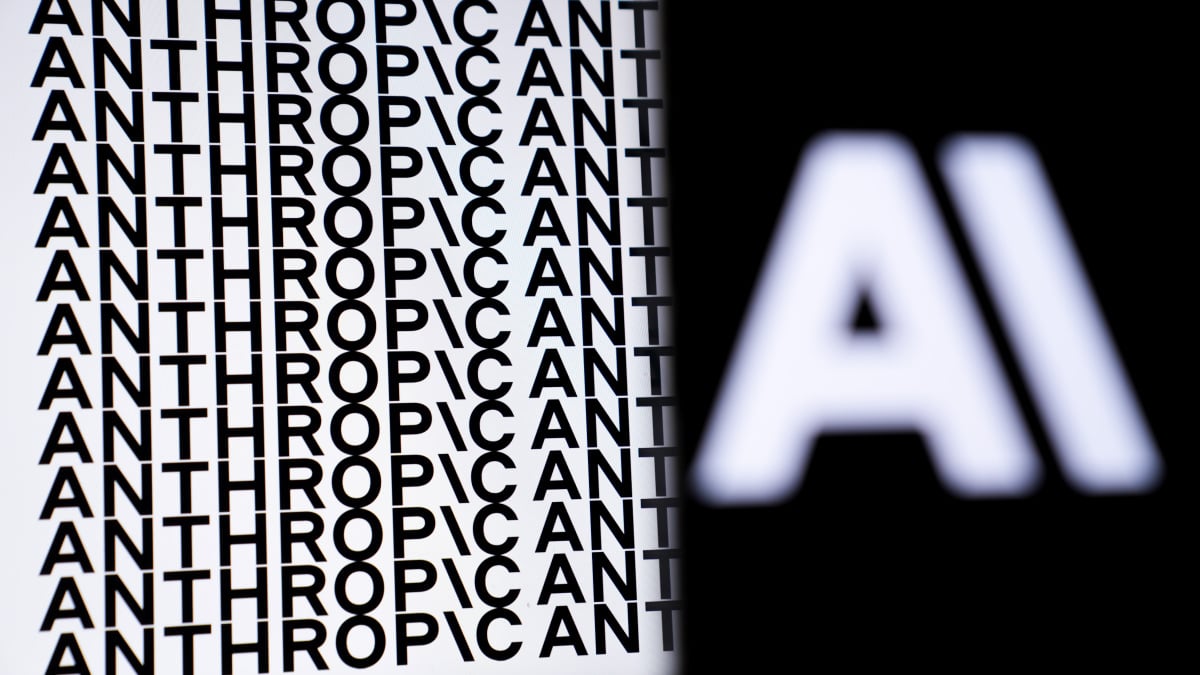
Meta description: Anthropic's 1.5 billion settlement with authors over AI training data sets a costly precedent for content licensing and transparency.
When generative AI companies collect large text corpora, they often treat online content as available for model training. That approach just cost Anthropic about 1.5 billion dollars. The company behind Claude reportedly agreed to settle a major group of copyright claims from authors who said their books and articles were used without permission to train large language models.
This is not only a payout. It is a signal that AI copyright lawsuits can produce significant copyright settlements and force a rethink of how the industry sources data. For companies that relied on freely scraped material, the economics of building models may change fast. Expectations now include better training data transparency, clear licensing agreements, and stronger attention to data provenance.
Authors, publishers, and artists have mounted legal challenges arguing that using copyrighted works for model training without consent is not fair use. Similar claims face other AI leaders including OpenAI, Google, and Meta. These landmark AI copyright lawsuits will shape how generative AI systems are built and commercialized.
Reportedly one of the largest copyright settlements in tech, the payment roughly matches Anthropic's funding through 2023. The settlement likely addresses claims that training sets included copyrighted books and articles. Rather than test legal defenses in court, Anthropic appears to have chosen settlement for certainty, to reduce reputational risk, and to preserve business continuity.
Expect material shifts in how generative AI companies handle training data. Some immediate trends include upfront licensing agreements with publishers, investments in synthetic and proprietary data, and stronger emphasis on training data transparency. Content creators may pursue more suits, and the settlement could help establish a price signal for using copyrighted material in model training.
This change may advantage well funded firms that can afford licensing costs or settlements, while smaller teams will need new strategies to access quality data. From a policy perspective, litigation outcomes like this one will inform future regulation about AI transparency and creator compensation.
Given the evolving landscape, stakeholders should update their approaches to data rights and compliance. Recommended steps include:
Anthropic's reported 1.5 billion settlement marks a turning point for generative AI. The era of assuming content is free for scraping appears to be ending, replaced by an environment where permission and licensing carry real economic value. Companies that proactively address training data rights and transparency will be better positioned to avoid costly litigation and to earn trust from creators and regulators alike.



